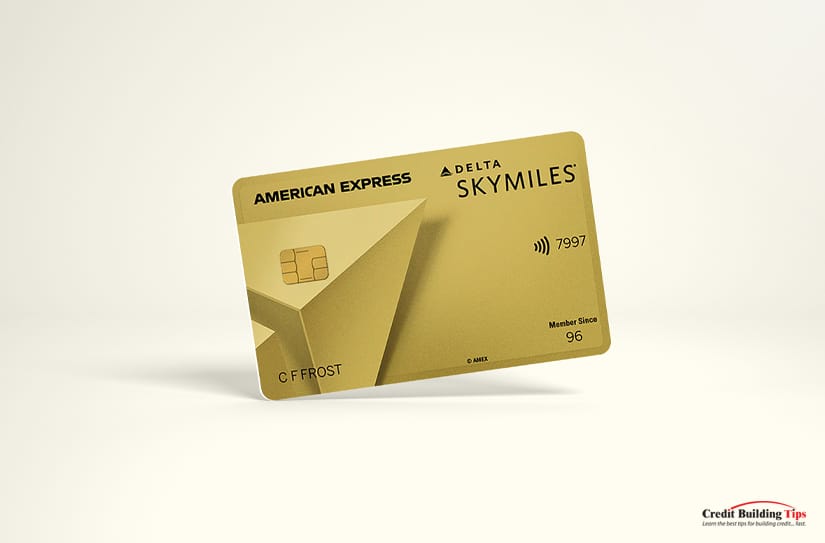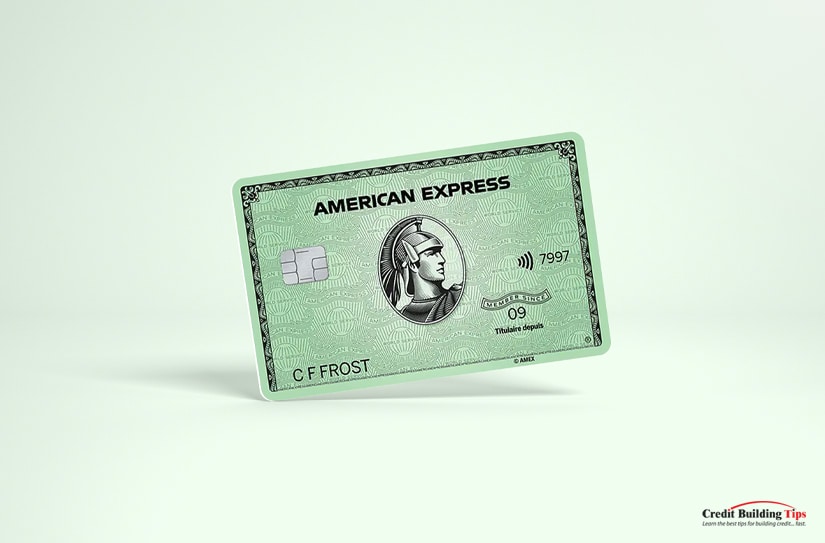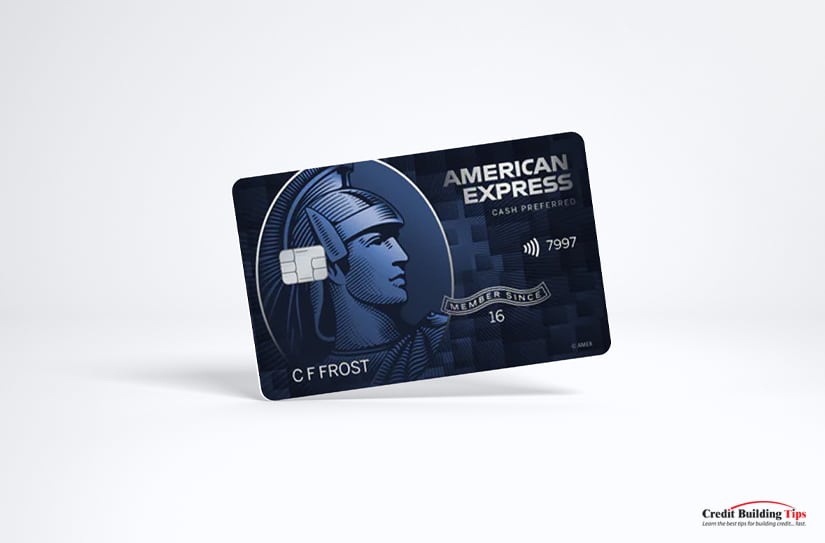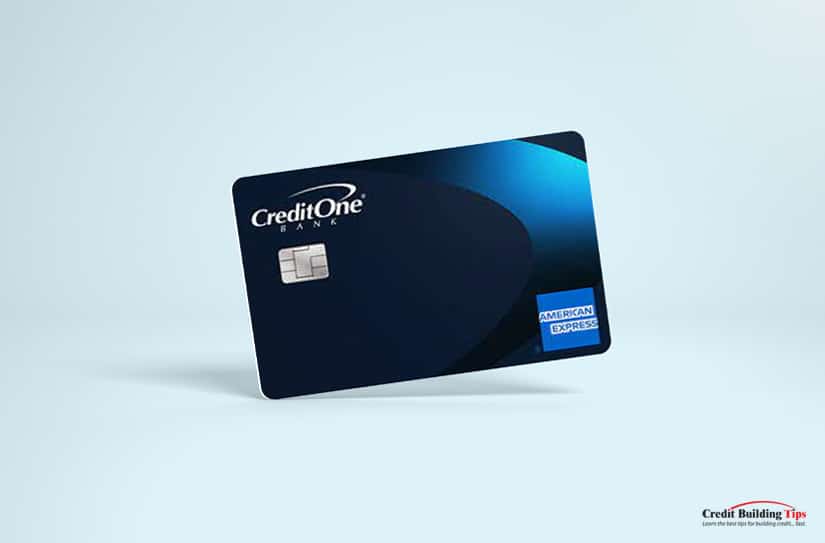American Express credit cards aren't easy to get as they all require at least a "good" credit score. With FICO®, that's a credit score of at least 670; with VantageScore®, that's a credit score of at least 661.
What's the big deal about getting an American Express (also known as Amex) credit card? What does it offer that other credit card companies don't?
 Amex credit cards are attractive because they offer high-end credit cards with "great rewards and luxury perks." They're not easy to get, which creates a sense of exclusivity and prestige for the cardholder.
Amex credit cards are attractive because they offer high-end credit cards with "great rewards and luxury perks." They're not easy to get, which creates a sense of exclusivity and prestige for the cardholder.Nearly all Amex cards offer generous rewards on travel, groceries, dining, and streaming services. And as long as you pay your monthly statement in full and don't incur interest charges, the savings you'll get by using the card will offset its fees.
Most Amex cards offer rental car insurance and extended warranty. Top-tier Amex cards also offer several types of travel insurance, return protection, and purchase protection. Another attractive feature of an Amex card is they offer a low-interest introductory period.
When it comes to credit cards, there are two sides to the same coin — networks and issuers. In total, there are four major credit card networks across the U.S. — Visa, Mastercard, Discover, and American Express.
A credit card network processes transactions and determines where their cards can be used. They also provide benefits like travel insurance or purchase protection, monitor transactions and work on fraud prevention, and create rules for how the cards are used.
On the other hand, credit card issuers are typically banks or credit unions — Bank of America, Wells Fargo, Capital One, Chase, and many others. These banking institutions "provide cards to consumers and handle application as well as determining what it takes to qualify for one of their cards and set the card's terms (APR, credit limit, fees, etc.)."

American Express is fairly unique because it's both a card network and a card issuer. Visa and Mastercard are only card networks, while Discover, like Amex, also issues their cards. It's also good to know that not every American Express card is issued by the company itself — some are issued through a third party.
What's the difference? It doesn't matter much to the consumer, but behind the scenes, it means that Amex controls how transactions and fees are handled. By acting as the "bank" behind their cards, Amex gets to set their fee structure, keep a bigger cut of the fee revenue and offer better rewards as a result.
American Express boasts that they are uniquely positioned to:
"Provide safe, reliable, and convenient ways to make payments and process transactions, connecting millions of customers and businesses around the world."
The company was founded in 1850 by consolidating three companies that were "active in the express transport of goods, valuables, and specie between New York City and Buffalo, New York and points in the Midwest."
After the Civil War, it had grown to 900 offices in 10 states and by 1873 was renamed by American Express Company. The Second Industrial Revolution had just started, 12 million people had immigrated to the States, and slavery had been made illegal just eight years previously.
American Express offers generous rewards and benefits, and they set the bar high on getting one of their cards.

As of this year, American Express offers three main credit card categories:
Only some U.S. merchants accept American Express cards, and internationally, more merchants accept Visa, Mastercard, and Discover cards than American Express cards.
Now that you're clear that American Express cards are intended for those with at least "good" credit scores, which of their credit cards are easiest to get approval for?

These cards require at least a credit score of 650, and while they're not considered the "best" American Express cards, they still offer great benefits and rewards.
The American Express® Gold Delta Card is best for travel rewards with a free annual fee the first year, which then goes up to $95 each subsequent year. This card's APR (interest rate) is a variate rate at 17.24% to 26.24%.
It lets you:
U.S. News rated the Gold Delta Card card from Amex as its "Best in Rewards Credit Cards 2023,' for rewards credit cards.

They gave this award to the Gold Delta card because, with it, you can:
The American Express® Green Card is best for reward points with a free annual fee the first year, which then goes up to $95 each subsequent year. The Green Card has no interest rate but rather requires the cardholder to pay back dues each month.
It offers:
The Amex Green Card works best for first-time credit card holders and those who don't plan to make big purchases with the card, as the monthly statement must be paid in full.

U.S. News rated the Gold card from Amex as its "Best in Rewards Credit Cards 2023,' for small-to-medium-sized businesses credit cards. They gave this award to the Green card because, with it, you can:
Ideal for small business owners, the Amex Green card keeps "business owners in full control of card spending." Employers can preset spending limits, freeze or unfreeze individual cards and see scanned receipts on the American Express Business App.
The American Express® Blue Cash Preferred is best for general shopping with a $95 annual fee each year. The APR on this card is 0% for the first year but then jumps between a variable of 14.49% to 25.49%.
You can:
With guaranteed fraud protection, the Amex Blue Card gives you added security. It also has the lowest APR variable, which is a great way to offset the $95 annual fee and enjoy more rewards.

U.S. News also rated the Blue Cash Preferred® card from Amex as its "Best in Rewards Credit Cards 2023,' for rewards credit cards. They gave this award to the Blue Cash Preferred® card because, with it, you can:
The Credit One Bank American Express® Credit Card is a third-party crossover credit card issued by the Credit One Bank for those with a fair or average credit score. There's a $39 annual fee and a regular 26.99% variable APR.

It lets you:
Before approving you for a new credit card, lenders will check your current credit with a "hard inquiry" (also known as a hard pull). They want to learn what kind of loans and credit cards you currently use, how long you've had these accounts, and if you pay your debts and bills on time.
Digging through this information before you are given a new credit card will cause your credit score to drop. The effect may be negligible if you apply for a single credit card. Still, if you apply for a few American Express cards in the hope of qualifying for one, your score may be negatively affected, and this drop in score will stay on your report for about two years.
American Express allows you to request a prequalification through their website. Prequalification can be used interchangeably with preapproval, but they are actually different processes.
Prequalifications let you give Amex information to see if you might qualify for a card. This is information you provide without the credit issuer checking your credit report to verify the information. This involves a "soft credit check," which won't cause your credit score to drop.
Think of prequalifications as a marketing opportunity. American Express looks at the demographics of your profile and will send you a "special offer" they think might be a good match for you.
You can't find a tool for prequalified offers on the American Express website. You'll find these offers in your mailbox, which you can follow up on or put straight into your recycle bin.
If you aren't receiving these types of mailings, you can opt-in to start getting them.
Preapprovals are an in-depth look at whether Amex considers you to be a candidate for one of the cards in their portfolio. They also use a soft credit pull to get the information they need to assess the odds that you'll be approved for a card.
Find out if you're approved for the American Express® Gold Delta Card, the American Express® Green Card, or the American Express® Blue Cash Preferred without any impact on your credit score. If you choose to accept the card, American Express will check with the credit bureaus, which will impact your credit score.

The application asks for your:
You can also check to see if you prequalify for one of these easier-to-get American Express credit cards by going to Bankrate's CardMatch. They've made it simple to see which credit cards from every credit card issuer match your credit profile.
You'll be asked for your full name, home address, and email address. Once you create a password for a free Bankrate account, you'll be able to save your progress, giving you faster access to future offers.
By giving Bankrate your phone number, you're allowing them to text you special offers and information about your matches. They promise to only occasionally text you, and you can always opt-out.
You'll be asked to give your Social Security number. This is required for a soft credit pull and doesn't impact your credit score. Once you agree to the terms and conditions, you'll see a generated list of all Bankrate's partners — not just Amex — that match your credit profile.
The bottom line is while it isn't easy to qualify for an American Express credit card, their robust rewards and perks make them desirable. If you qualify for one of their "entry-level" cards and make regular payments on time, you'll be in a better position to qualify for some of their higher-end cards and get even greater rewards.